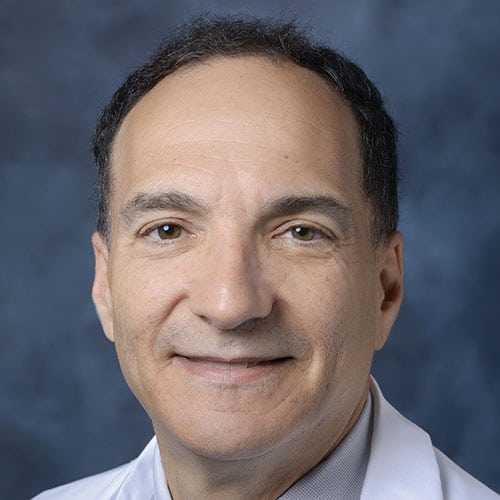 Imaginestock / Getty Images
Imaginestock / Getty Images With the new year upon us, champagne and fireworks have given way to less joyous realities, like cold and flu season. Most of us will end up with a cold or two, if not something worse, this winter. The good news is that you can protect yourself. Unfortunately, hazards remain — including some posed by healthcare providers.
Despite folk tales, you can’t catch a cold from being cold. Colds are viruses that are transmitted from person to person. My college professor of Organizational Behavior once suggested that colds and flu circulate during winter due to holiday stress that weakens immune systems, making us vulnerable. Knowing that we had an Argentine student in the class, I asked him whether cold and flu season in Argentina occurred in summer with the holidays or in the winter. It didn’t help my grade in the class, but his reply made the point: “In the winter.”
The Los Angeles County Department of Public Health’s surveillance shows our current risk for winter viruses. Data at the end of December tracked circulation of four. The most common was rhinovirus (aka the cold), followed by flu and COVID-19 running neck and neck, and then RSV (Respiratory Syncytial Virus). Vaccination is available for everyone for two of the four, COVID-19 and flu. Neither vaccine is 100% protective, but each reduces the risk of the illness and its severity. The RSV vaccine is available for children and those over age 60. The adult vaccine reduces risk by about 80% over two years. I took it myself and noted only a half day of mild arm soreness. I’ll take that over a full-fledged viral illness any day.
Although many are sick just from hearing about COVID-19 vaccines, it’s still worth mentioning that the current vaccine is not a booster to the prior ones, but a new vaccine based on the Omicron variants now circulating. Those who tolerated prior vaccines and who don’t see conspiracies in vaccines can get it now. The county’s current data show that COVID cases are increasing, so nonskeptics should act soon. We also have some treatments for some viral illnesses that actually work. Paxlovid reduces the severity of COVID-19. Tamiflu has a mildly beneficial effect on influenza when initiated in the first 48 hours. Unfortunately, there are still no specific treatments for colds. The treatments are supportive measures such as Tylenol or Advil, a cough suppressant, decongestants, rest and lots of fluids.
You don’t need to see a doctor for cold symptoms, although many do. Unfortunately, some doctors prescribe antibiotics for colds. For occasional patients, like those with asthma or other vulnerabilities, an antibiotic may make sense. But doctors prescribe too many antibiotics that won’t help and that can cause side effects such as diarrhea, yeast infections and antibiotic resistances that may reduce future antibiotic effectiveness. This is even true of the beloved and ubiquitous Z-Pak (azithromycin), which can’t cure a cold. While the antibiotic is generally well tolerated by most healthy patients, the FDA issued a “black box warning” for the drug due to its risk for heart rhythm issues in vulnerable patients.
So, why do doctors over-prescribe antibiotics?
My experience suggests that when a doctor doesn’t know the patient, there is a tendency to “carpet bomb” treatments intended to cover every conceivable outcome, no matter how unlikely. This is less likely when the doctor knows you and can be confident that you will call or message if things aren’t going well. To be fair, many urgent care doctors, particularly those affiliated with primary care programs, use antibiotics appropriately, as they know that the patient’s doctor will review their report and that follow-up options are in place.
The bottom line for cold and flu season isn’t complicated: Keep up to date on vaccinations. If you get a cold, treat it with rest, fluids and over-the-counter medicines. Get tested if you suspect COVID-19 or the flu. Don’t go to work or social occasions when sick. Check in with your doctor if you’re not getting better or if you’re unsure what to do. Be skeptical of using antibiotics for viral syndromes. If you need treatment, try to use a doctor or system that knows you. If you follow the basics, you’ll be more likely to have a healthy start to 2024.
Dr. Daniel Stone is Regional Medical Director of Cedars-Sinai Valley Network and a practicing internist and geriatrician with Cedars Sinai Medical Group. The views expressed in this column do not necessarily reflect those of Cedars-Sinai.























 More news and opinions than at a Shabbat dinner, right in your inbox.
More news and opinions than at a Shabbat dinner, right in your inbox.